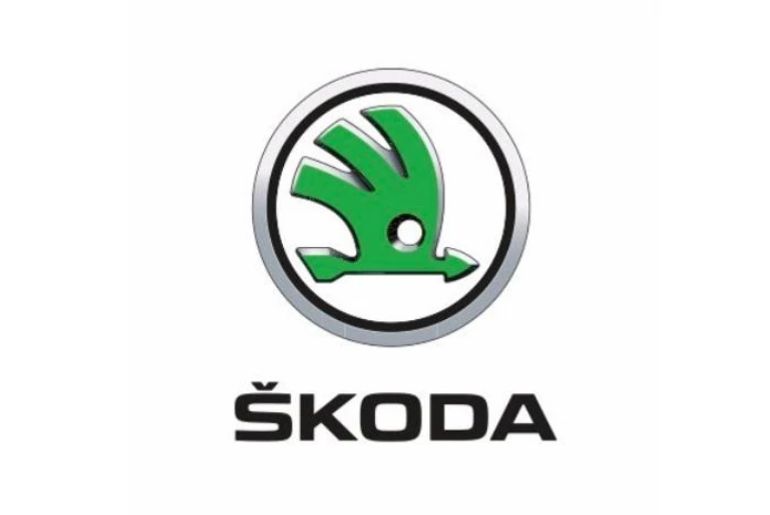Škoda Auto India has announced its strategy to introduce more global models into the Indian market while temporarily putting its electric vehicle (EV) plans on hold. The decision reflects the company’s pragmatic approach to navigating India’s evolving automotive landscape, as it continues to focus on strengthening its existing product portfolio and maintaining growth momentum.
According to Škoda Auto India Brand Director Ashish Gupta, the automaker will prioritize bringing a wider range of international models to India in 2026, leveraging its global expertise in design and engineering. However, the company has chosen to delay the introduction of its electric vehicle lineup due to market readiness concerns, regulatory uncertainties, and the absence of a finalised electric vehicle policy framework in India.
Gupta explained that while Škoda is deeply committed to electrification globally, the Indian EV ecosystem is still developing. “We will continue to monitor the Indian market’s evolution and government policies closely before committing to a full-scale EV rollout,” he stated.
Focus on Expanding Global Portfolio in India
Škoda plans to introduce several globally successful models in India, designed to appeal to premium and performance-conscious customers. This initiative aims to reinforce the brand’s market share, which currently stands at approximately 2% of the Indian passenger vehicle segment. Between January and October 2025, Škoda sold over 61,600 units, marking one of its strongest years in the country.
The brand’s current lineup, including the Kushaq, Slavia, and Kodiaq, has been well-received, and the company now intends to expand the range by bringing additional Completely Built Units (CBUs) and possibly locally assembled vehicles under its India 2.5 strategy.
Why Škoda Is Delaying Its EV Launch
Despite its strong EV push in Europe, where models like the Enyaq iV and Elroq have gained traction, Škoda has opted to hold back on launching EVs in India. The move comes amid challenges such as high import duties, limited charging infrastructure, and cost-sensitive consumer behaviour.
Industry analysts suggest that Škoda’s decision aligns with the broader sentiment among global automakers that they are waiting for clearer EV policy frameworks, Free Trade Agreement (FTA) outcomes, and battery localisation incentives before introducing large-scale electric models in India.
Commitment to Long-Term Growth and Localization
Škoda reaffirmed its long-term commitment to India, emphasising that EVs remain part of its future strategy. The company continues to invest in R&D, localisation, and production capacity, ensuring it remains agile and pivots toward electrification when conditions improve.
By expanding its global model lineup and strengthening its premium segment offerings, Škoda aims to build brand equity and prepare a robust foundation for an eventual EV transition. The automaker also highlighted that any future EV introduction in India will align with its global vision of sustainable mobility and zero-emission transport.
Looking Ahead
Škoda’s decision highlights a strategic balance between market opportunity and readiness. While its European markets are rapidly transitioning to electric mobility, India’s diverse market dynamics demand a phased, carefully calibrated approach.
As government initiatives like the FAME III scheme and state-level EV policies mature, Škoda is expected to revisit its EV plans, possibly introducing electric SUVs or sedans tailored for Indian conditions in the coming years.
With this dual focus on expanding its internal combustion engine (ICE) portfolio and preparing for future electrification, Škoda Auto India continues to strengthen its position as a key global player in the Indian automotive market.

